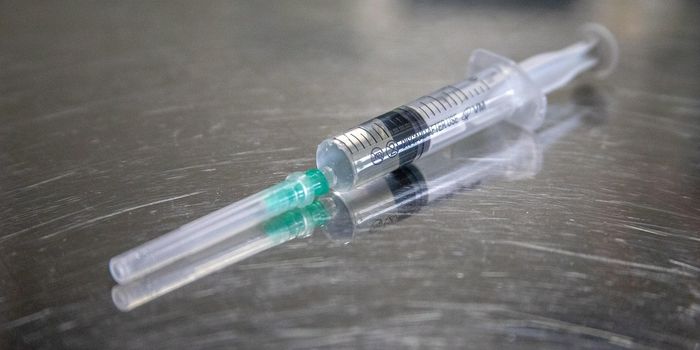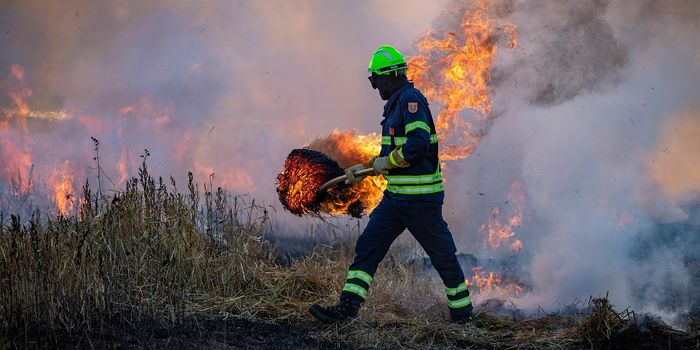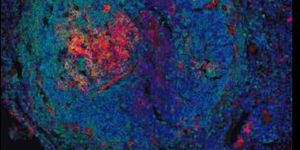Can Cannabidiol inhibit head and neck cancer growth?
The usefulness of marijuana against cancer has been in question for some years now. Some are saying it has the potential to treat some cancers, some are saying it is an effective treatment for the symptoms experienced during chemo or immunotherapy, and others say it doesn’t work at all.
The skepticism from many people stems from marijuana being considered a dangerous drug for years. Evidence suggests it is far from dangerous, though, with many considering medical marijuana a viable pain relief method. The key ingredient behind the pain relief theory isn’t THC, however, but Cannabidiol (aka CBD).
CBD is thought to be the component that relieves pain. It is currently in use in several states and countries as a dietary supplement, but research is being done to see if it has any promise as a genuine pharmaceutical. One CBD based drug, Epidiolex, is even FDA approved for the treatment of certain types of seizures. However, many studies will note that although there is evidence suggesting it is a promising candidate for all sorts of therapies, almost all of those studies failed to reveal un-refutable evidence as of yet.
In a new study, a team from the Guro Hospital at Korea University wanted to examine how CBD effects HPV-negative head and neck cancer. Many studies suggest that CBD has a growth-suppression activity on cancer, but its action mechanism has not yet been revealed. A recent study also found the HPV-positive head and neck cancers may be instigated by CBD, a somewhat worrying prospect. This study sought to examine which result CBD would induce in HPV-negative head and neck cancer.
The team began by conducting in vitro experiments using head and neck cancer cells and CBD, alongside several of the go-to chemotherapies (Cis, 5-Fluorouracil, and Paclitaxel). CBD alone induced apoptosis and growth suppression in the cancer cells while not affecting normal cells. A combination of CBD and any of the chemotherapies increased the suppression of cancer growth. A mouse model confirmed that these observations transferred to in vivo cancer as well.
Not wanting to stop there, the team then examined apoptosis markers and differentially expressed genes to try and isolate how CBD was acting as a tumor suppressor. Many apoptotic markers were elevated, including caspase 3 and PARP but not p53, which targets many successful cancer therapies. CBD also induced the upregulation of apoptotic genes and downregulation of cellular proliferation and cell cycle genes.
This study showed that CBD seemed to induce apoptosis in head and neck cancer cells both in vitro and in vivo in a p53 independent manner. The team notes that two possible apoptosis-related, tumor-suppressing targets, DUSP and KLF6, were active upon CBD treatment. They could not identify a mechanism in this study but hopefully managed to narrow it down to a few possibilities.
The study concludes, “single treatment of CBD or co-treatment with chemotherapeutic agents promoted HNSCC cell death along with apoptosis and autophagy processes,” and suggest CBD is a promising candidate for future cancer therapies.
Sources: Nature Scientific Reports, Medscape









